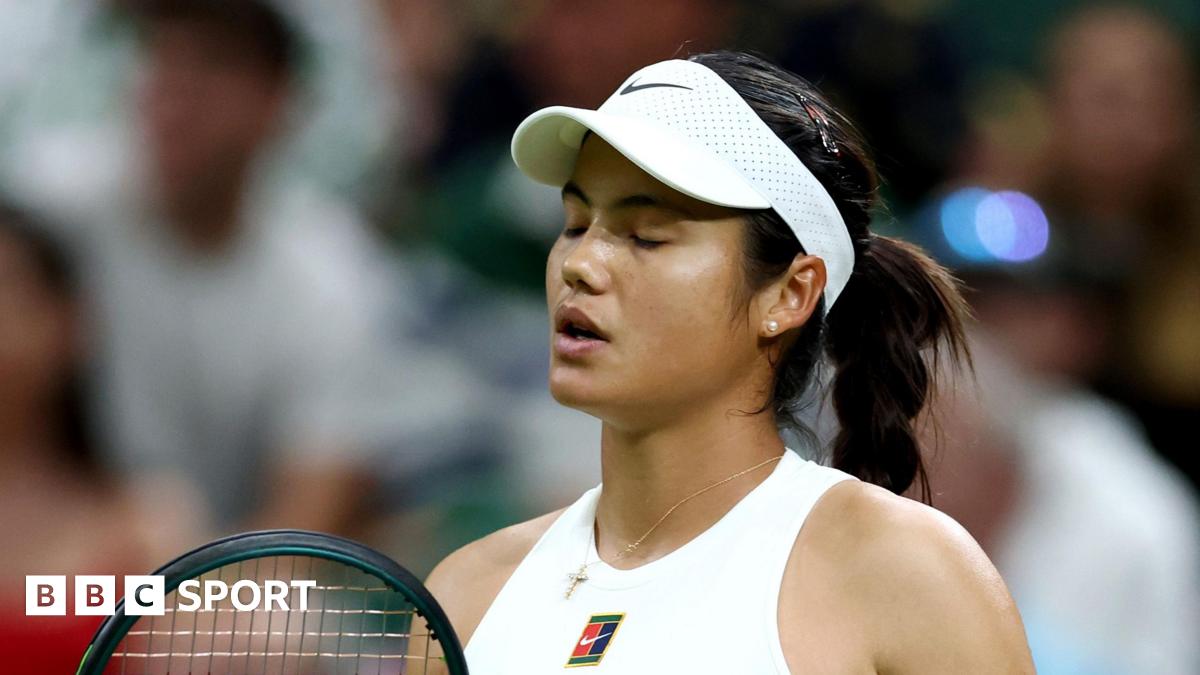Bumble bees, like humans, sometimes eat the wrong things. A new study shows they may pick foods that don’t meet their nutritional needs – and those choices might actually harm their health.
In research conducted at Penn State University, scientists found that when bumble bees were offered diets enriched with varying levels of protein, fat, and carbohydrates, their eating habits didn’t lead to better health.
The study raises new questions about how bees choose what to eat – and whether those choices are good for them.
Bumble bees don’t choose healthy options
The researchers designed a controlled study where bumble bees were split into groups and given specific diets. Some groups received pollen with added protein or fat. Others got nectar-like sugar solutions with different sugar levels.
A control group was allowed to eat a standard diet of wild pollen and a 60% sugar solution. All the bees were the same age and housed in small groups to keep testing conditions consistent.
What happened next surprised the researchers. The bumble bees didn’t go for the food options that were healthy.
The bees ate more when protein levels in pollen were higher, less when fat levels were higher, and they over-consumed sugar when the nectar was watered down.
None of the eating patterns benefited the physical health of the bumble bees. Egg-laying declined. Body weight stayed the same or dropped. Nothing the bees chose to eat led to better outcomes than the control group.
Bumble bees make bad food choices
The results challenge the long-standing assumption that bees instinctively know what to eat to stay healthy.
Etya Amsalem is an associate professor of entomology in the College of Agricultural Sciences and lead author of the study. She noted that bee preferences are unlikely to reflect true needs and more likely result from evolutionary constraints.
“For instance, bees may under-consume lipids not because high-lipid diets are harmful, but because their physiology is not well-suited for digesting or storing large amounts of lipids,” said Professor Amsalem.
“Bees may over-consume proteins because they have evolved to seek them out whenever they’re available, even though excess protein can be detrimental because it affects how efficiently bees can eliminate nitrogen from their bodies.”
This mismatch – between what bees eat and what actually helps them – may be putting more strain on already vulnerable bee populations.
Why this matters for bee survival
Bumble bees are under serious stress worldwide. Habitat loss, pesticide exposure, climate change, and industrial farming have drastically reduced the variety and quality of flowers bees depend on.
In many areas, rich, diverse meadows have been replaced by monocultures or urban development. That leaves bees with fewer options – and often with subpar food sources.
This drop in floral diversity doesn’t just mean less food overall – it means less nutritionally balanced food. Even when bees find enough to eat, the quality of that food may not support key functions like reproduction, colony growth, or immune strength.
Nutrition plays a big role in bee health. But if bees can’t always tell what’s good for them, that complicates conservation efforts.
“It’s an odd assumption when you think about it – my toddler prefers chocolate over broccoli, but I wouldn’t conclude from that that chocolate is healthier for her,” said Professor Amsalem.
“So, why do we assume bees are different? Understanding potential mismatches between consumption and fitness outcomes is important, as most conservation and management strategies assume bees can self-regulate their diets for optimal health.”
Rethinking bumble bee health
The results suggest that preference alone isn’t a reliable guide for diet planning – not for bees, and likely not for conservation strategies either.
Instead of assuming bees will naturally eat what’s best for them, the researchers say we need a deeper understanding of how diet affects their health at a physiological level. According to Professor Amsalem, future research needs to dig deeper.
“Future research could investigate why bees fail to optimize diet – for example, metabolic limitations, gustatory biases or ecological tradeoffs – and may explore nonmacronutrient components like vitamins and minerals that may explain fitness discrepancies,” she said.
For conservation groups, farmers, and scientists trying to support healthy bee populations, this study is a clear reminder: what bees choose to eat may not be what’s best for them. And that makes understanding their real nutritional needs more urgent than ever.
The full study was published in the journal Journal of Insect Physiology.
—–
Like what you read? Subscribe to our newsletter for engaging articles, exclusive content, and the latest updates.
Check us out on EarthSnap, a free app brought to you by Eric Ralls and Earth.com.
—–









 English (US) ·
English (US) ·